- Home›
- Healthy Living›
- 8 Effective Home Remedies To Treat Short Bowel Syndrome
8 Effective Home Remedies To Treat Short Bowel Syndrome
By: Sandeep Gupta Sun, 17 Nov 2024 7:14:37
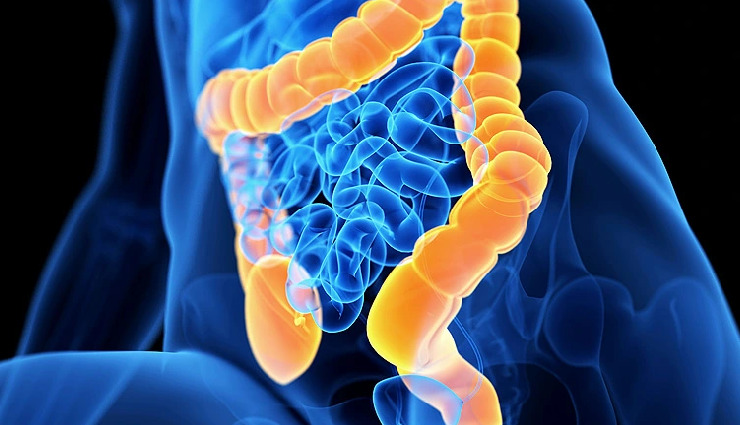
Short Bowel Syndrome (SBS) is a condition that occurs when a significant portion of the small intestine is missing or has been surgically removed, leading to difficulties in absorbing nutrients, fluids, and electrolytes. This malabsorption happens because the small intestine is the primary site for nutrient absorption, and its reduced length limits its capacity to perform these functions efficiently.
Causes
SBS may result from:
- Surgical removal of the intestine due to conditions like Crohn’s disease, intestinal trauma, or tumors.
- Congenital abnormalities where infants are born with a shorter intestine, such as in gastroschisis.
- Intestinal diseases that damage the lining, such as ischemia or necrotizing enterocolitis.
Symptoms
- Chronic diarrhea
- Malnutrition
- Dehydration
- Weight loss
- Fatigue
- Bloating and abdominal discomfort
Complications
- Vitamin and mineral deficiencies (e.g., B12, iron, and fat-soluble vitamins)
- Kidney stones or gallstones
- Risk of bacterial overgrowth in the remaining intestine
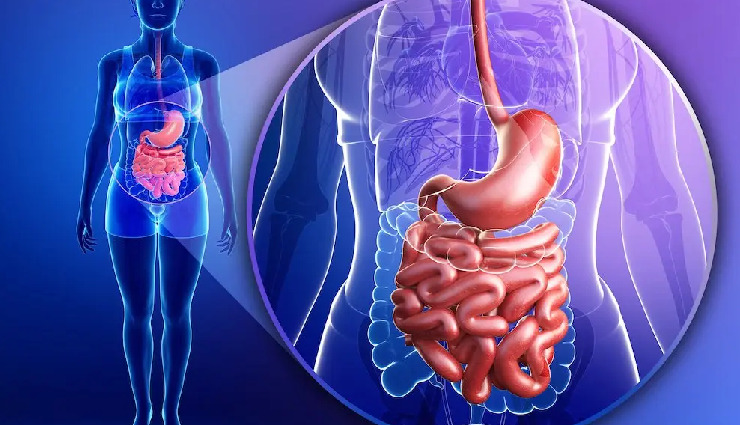
Management
Treatment focuses on optimizing nutrient absorption, managing symptoms, and improving the quality of life:
- Dietary adjustments: High-calorie, nutrient-dense meals; often, patients are advised to eat smaller, frequent meals.
- Medications: To slow intestinal motility or enhance absorption (e.g., anti-diarrheal drugs, proton pump inhibitors).
- Nutritional support: Includes oral supplementation, enteral feeding (tube feeding), or parenteral nutrition (IV feeding).
- Surgical interventions: In some cases, procedures to lengthen or adapt the remaining bowel.
Prognosis
The outcome for SBS patients varies widely depending on the remaining bowel length and function, overall health, and adherence to treatment. With proper care, many people with SBS can lead active and fulfilling lives.
While Short Bowel Syndrome (SBS) requires medical supervision and specialized treatment, certain home remedies and lifestyle adjustments can complement medical care and help manage symptoms like diarrhea, malabsorption, and nutrient deficiencies. Always consult your healthcare provider before trying any home remedies to ensure they align with your treatment plan.

# Optimize Food Choices
- Small, Frequent Meals: Eat smaller portions multiple times a day to reduce the burden on the digestive system.
- High-Protein Foods: Incorporate easily digestible proteins like eggs, lean meat, and fish to support tissue repair and nutrition.
- Low-Fiber Foods: Limit high-fiber foods that may worsen diarrhea (e.g., raw vegetables, whole grains) and opt for cooked, peeled vegetables and refined grains.
- Complex Carbohydrates: Use sources like rice, potatoes, and oatmeal for sustained energy.
- Avoid Trigger Foods: Steer clear of spicy, fatty, or overly sweet foods that may aggravate symptoms.

# Stay Hydrated
- Drink oral rehydration solutions (ORS) made from a mix of salt, sugar, and water to replenish electrolytes.
- Sip fluids throughout the day but avoid drinking large amounts during meals to prevent speeding up digestion.
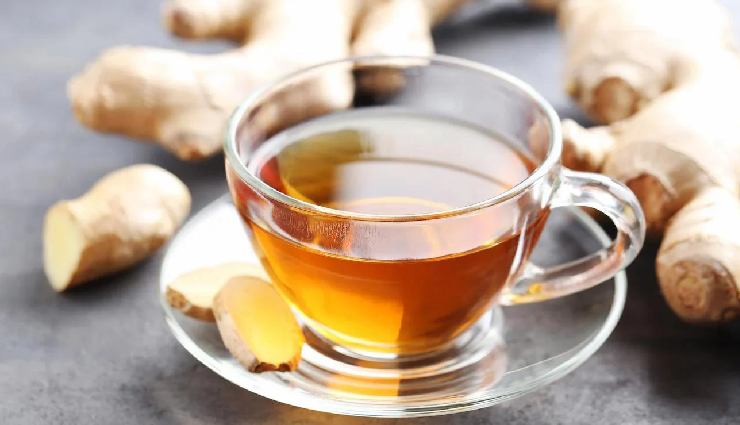
# Use Natural Digestive Aids
- Ginger Tea: May help soothe the digestive tract and reduce bloating or discomfort.
- Peppermint Oil Capsules: Can alleviate intestinal cramping, but consult a doctor before use.
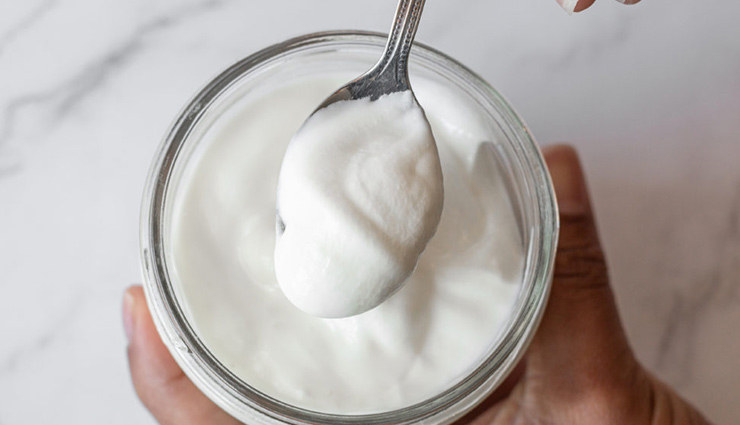
# Probiotics
- Include natural probiotic sources like yogurt or fermented foods (if tolerated) to promote gut health and manage bacterial overgrowth. You may also use probiotic supplements as recommended by your healthcare provider.
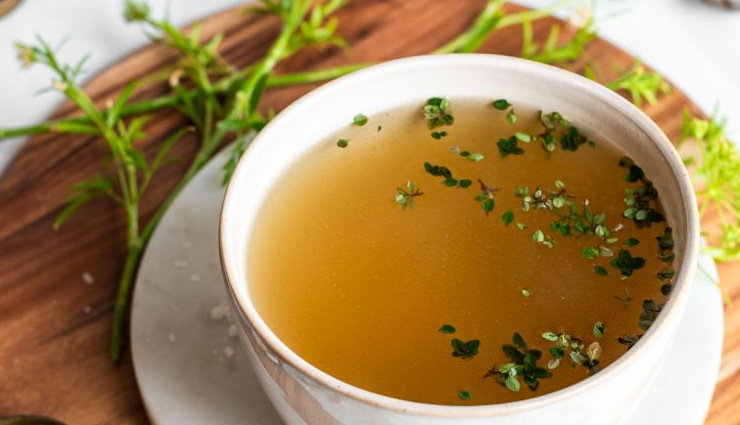
# Support Nutrient Absorption
- Bone Broth: Rich in collagen and minerals, it may help soothe the gut lining and support nutrient absorption.
- Coconut Water: Provides natural electrolytes and helps combat dehydration.
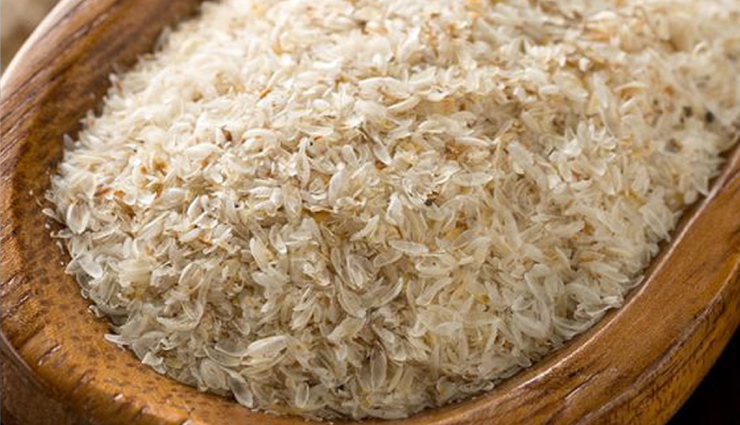
# Herbal Remedies for Diarrhea
- Psyllium Husk (Isabgol): In small amounts, it can help regulate bowel movements by bulking stools.
- Slippery Elm Tea: Forms a soothing gel-like coating in the intestine, potentially reducing irritation.
# Vitamin and Mineral Boosters
- Natural Vitamin Sources: Include foods rich in vitamins and minerals you are deficient in, such as bananas (potassium), spinach (iron), and fatty fish (vitamin D and omega-3s).
- Consider juicing fruits and vegetables to extract nutrients while reducing fiber content.

# Rest and Stress Management
- Adequate Sleep: Helps the body heal and cope with malabsorption.
- Stress Reduction Techniques: Practices like meditation or deep breathing can reduce digestive symptoms exacerbated by stress.
Important Notes
- These remedies are supportive and not a substitute for medical treatments like medications or parenteral nutrition.
- Monitor your symptoms and dietary tolerances, as individuals with SBS can have varying responses to foods and remedies.
- Regular follow-ups with your doctor and nutritionist are crucial to prevent complications.
Related Stories:
# 6 Indian Fragrances You Can Try To De-Stress Yourself
# 10 Must Try Home Remedies To Boost Heart Health
# 9 Amazing Health Benefits of Drinking Hibiscus Tea
# 9 Amazing Health Benefits of Drinking Water in Copper Vessel





